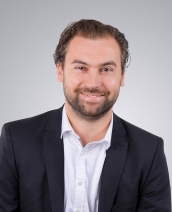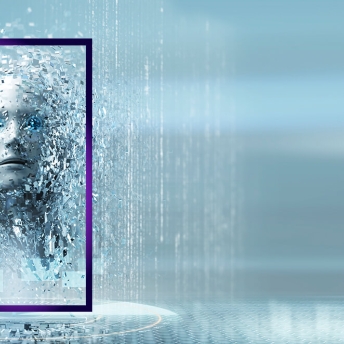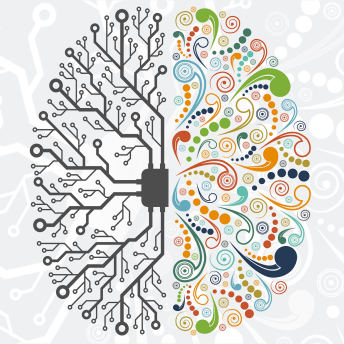Marten Zieris
Partner
Marten combines broad, cross-sector expertise (transportation, consumer goods, construction, automotive, telecoms, energy) with extensive experience in organizational & operating model development, as well as process & performance management.

Areas of Focus
Education

Marten is a Partner at Arthur D. Little’s Frankfurt office and part of the leadership team of the “Strategy & Organization Practice” in Central Europe. In his role, Marten is responsible for the Arthur D. Little Organizational Excellence Solution in Central Europe.
Marten gained extensive expertise in helping clients in multiple industries to reshape and optimize their operating models. Marten’s track record covers all dimensions to holistically address “organizational development” in a strategic context (strategy review & business requirements definition, organizational design, process management, steering & governance concepts, leadership, culture & change management).
Marten has supported international clients in large-scale transformations (up to 20,000 employees) end to end, “from concept development to implementation”. He is well positioned to optimize organizations regarding their effectiveness (e.g., strategic consistency or market-/customer-centricity) and efficiency (e.g, scale-/performance-driven), with insight across all business functions as well as various industries (logistics, consumer goods, energy, telecoms, automotive/mobility).
Marten holds a diploma in business administration from University of Bayreuth (Germany) and National University of Singapore. He is fluent in German and English.
Besides his international business activities, Marten enjoys family life with his wife and his son.

The people-centric lab of the future

Strengthening resilience in food & beverage product development

Insight: Organizational detoxing

Is tender excellence on your radar?

Ambidextrous Organizations – Build sustainable organizational advantage

Digital platforms in freight transportation

Ambidextrous organizations – How to embrace disruption and create organizational advantage

Marten is a Partner at Arthur D. Little’s Frankfurt office and part of the leadership team of the “Strategy & Organization Practice” in Central Europe. In his role, Marten is responsible for the Arthur D. Little Organizational Excellence Solution in Central Europe.
Marten gained extensive expertise in helping clients in multiple industries to reshape and optimize their operating models. Marten’s track record covers all dimensions to holistically address “organizational development” in a strategic context (strategy review & business requirements definition, organizational design, process management, steering & governance concepts, leadership, culture & change management).
Marten has supported international clients in large-scale transformations (up to 20,000 employees) end to end, “from concept development to implementation”. He is well positioned to optimize organizations regarding their effectiveness (e.g., strategic consistency or market-/customer-centricity) and efficiency (e.g, scale-/performance-driven), with insight across all business functions as well as various industries (logistics, consumer goods, energy, telecoms, automotive/mobility).
Marten holds a diploma in business administration from University of Bayreuth (Germany) and National University of Singapore. He is fluent in German and English.
Besides his international business activities, Marten enjoys family life with his wife and his son.

The people-centric lab of the future

Strengthening resilience in food & beverage product development

Insight: Organizational detoxing

Is tender excellence on your radar?

Ambidextrous Organizations – Build sustainable organizational advantage

Digital platforms in freight transportation

Ambidextrous organizations – How to embrace disruption and create organizational advantage
More About Marten
- University of BayreuthDipl. Kaufmann
- National University of SingaporeBusiness Administration
